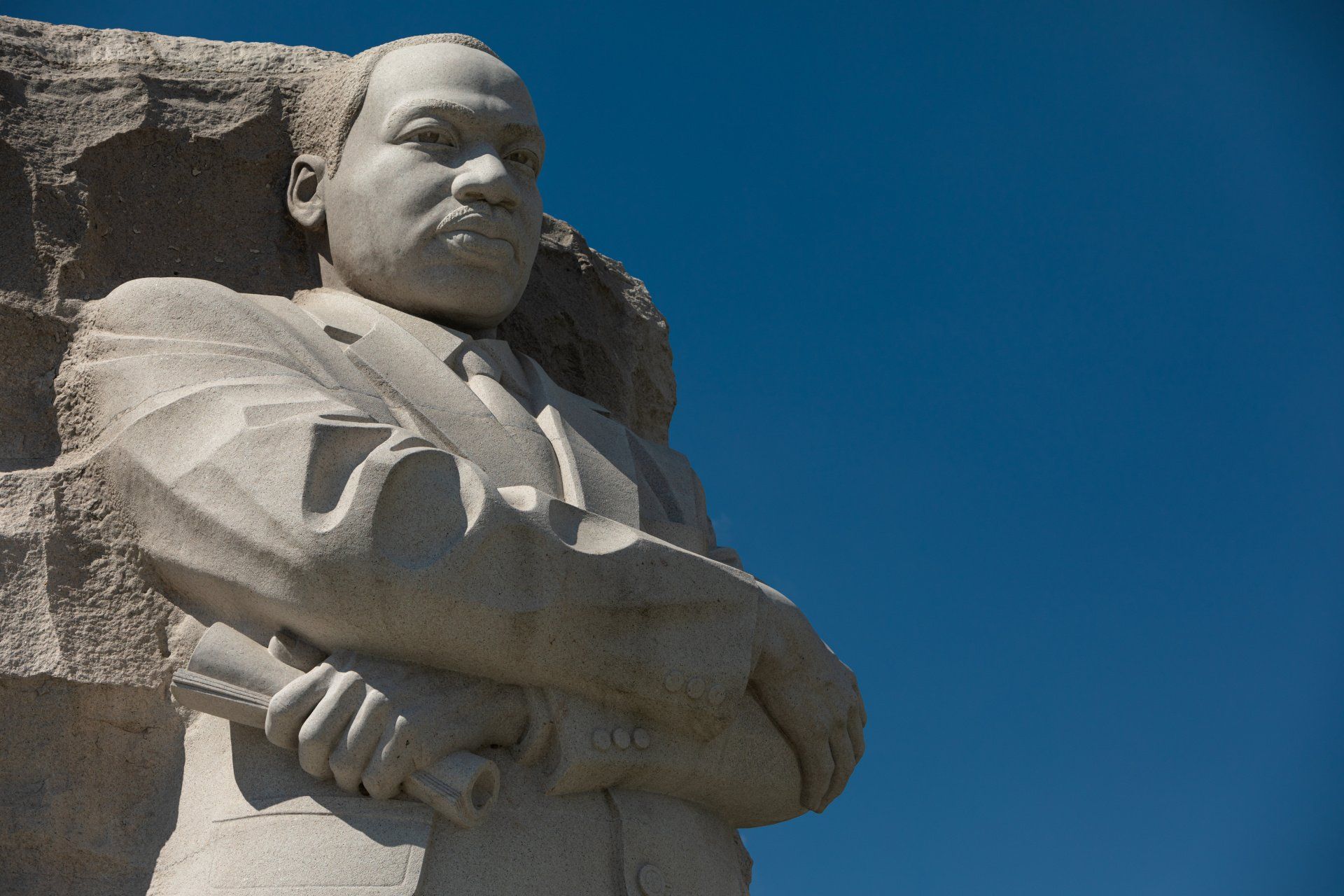Blog Layout
Two Scoops Please
Apr 23, 2021

For many, the glories of childhood take them back to culinary treats. The most favored treat of all is ice cream. However, like most things, good can be made better. Two friends in Burlington, Vermont set out in 1978 to do just that. Ben & Jerry made their version of ice cream and it took the nation by storm.
Ever since 1985, the dynamic duo of dairy has committed a sizable portion of their sales revenue to supporting numerous public service endeavors by funding community enrichment projects, child protection initiatives, pro-tecting the environment, supporting fair trade practices domestically and internationally, opposing animal food source cloning, and even producing diary-less ice cream.
Ben & Jerry have become principled entrepreneurs. And in that vein, they have hit pay dirt again. Recently, it was reported that Ben & Jerry have taken a stand against police brutality. They have astutely attacked the problem head-on at its source – qualified immunity.
Qualified Immunity
“Qualified immunity is a judicially created doctrine that shields government officials from being personally liable for constitutional violations…. When government officials are sued, qualified immunity functions as an affirmative defense they can raise, barring damages even if they committed unlawful acts.” (Nathan Sobel, “Policing in America – What is Qualified Immunity, and What Does It Have to Do With Police Reform, June 6, 2020.”)
Government work is challenging work. It is very difficult being all things to all people in a representative form of government. Mistakes will be made. People will be offended. Injustices will occur. Qualified immunity allows for human error, but under certain circumstances. As of late, that allowance seems to have had no boundaries. Take note of the fact that Officer Chauvin was not sued for his heinous act against George Floyd. It was the city of Minneapolis that paid.
The trial is over, and the verdict has been rendered in one case. In order to quash the occurrence of future cases, policy and law have to change. Police unions have to acknowledge the need to engage with public policy makers on restructuring public safety.
Efforts abound to protest voter suppression tactics via the marketplace. Corporations are being challenged to put their hard earned customer-driven revenue behind political behavior that promotes diversity, equity and inclusion. Ben & Jerry have taken a bold step. Have a third scoop.
Share
Tweet
Share
Mail
Thoughts from Henry Lancaster II

02 Mar, 2022
There is a phrase I am sure many of you have heard at one time or another: “hope springs eternal.” Another way to put it is a famous literary query “if Winter comes, can Spring be far behind?” Sixty-five years ago this May 17th, na-tional civil rights leaders called for a rally on the steps of the Lincoln Memorial hoping to get the federal government to fulfill the promise of the Brown v. Board of Education decision with supporting enabling legislation (more specifi-cally the Civil Rights of 1957 which, by the way, was filibustered to defeat by Senator Strom Thurmond). A very young Martin Luther King, Jr. joined the litany of presenters that day as the last speaker. The very young King noted that the monumental Brown decision was met with opposition in open defiance from many states. One form of opposition he addressed was “all types of conniving methods that are still being used to prevent Negroes from becoming registered voters.” He stated that the “denial of this sacred right is the tragic be-trayal of the highest mandates of our democratic tradition.” The defenders of voting rights today echo the same message in their challenges to restrictions being legislated al-most daily across the country. Decades before King, American writer and bard, James Weldon Johnson, wrote about democracy in America stating that “[t]his country can have no more democracy than it accords and guaran-tees to the humblest and weakest citizen.” Both King and Johnson spoke of the fulfillment of the American govern-ance experiment as having to be inclusive and non-judgmental. They more than intimated that America cannot suc-ceed if it does not allow all its citizens to have a voice. King stated, “Give us the ballot, and we will no longer have to worry the federal government about our basic rights. Give us the ballot, and we will no longer plead to the federal government for passage of an anti-lynching law; we will by the power of our vote write the law on the statute books of the South and bring an end to the das-tardly acts of the hooded perpetrators of violence. Give us the ballot, and we will transform the salient misdeeds of bloodthirsty mobs into the calculated good deeds of orderly citizens. Give us the ballot, and we will fill our legislative halls with men of goodwill and send to the sacred halls of Congress men who will not sign a “Southern Manifesto” because of their devotion to the manifesto of justice. Give us the ballot, and we will place judges on the benches of the South who will do justly and love mercy, and we will place at the head of the southern states governors who will, who have felt not only the tang of the human, but the glow of the Divine.” Arguably, the United States Constitution was intended to be the beginning of a nation’s evolution not a marker in time to fit the interests of those “in charge” at the time. I say arguably because so many of the founding fathers and their successors were purveyors of our country’s original sin. Contradictions have ravaged our past. But over time however, amendments have been adopted to right the wayward ship. And it is those amendments that have ex-panded the nation’s contract with its citizens that all men are created equal and are endowed with inalienable rights to life, liberty, and the pursuit of happiness. Voter suppression is hands down a breach of that contract. If one’s Second Amendment right to bear arms is con-sidered untouchable so should be another’s right to participate in structuring their governance. That is, a voter has the right to enter a polling place with the expectation that their vote can and will make a difference. If that voter is left with the impression in any way that the exercise of the right is mathematically insignificant for any reason other than their inability to rally like minded voters, then a breach has occurred. A breach of that magnitude is un-American. If hope truly springs eternal, it is because each election season has meaning for more than a privileged few. (References to Dr. King can be found at the King Research and Education Institute at Stanford University)
